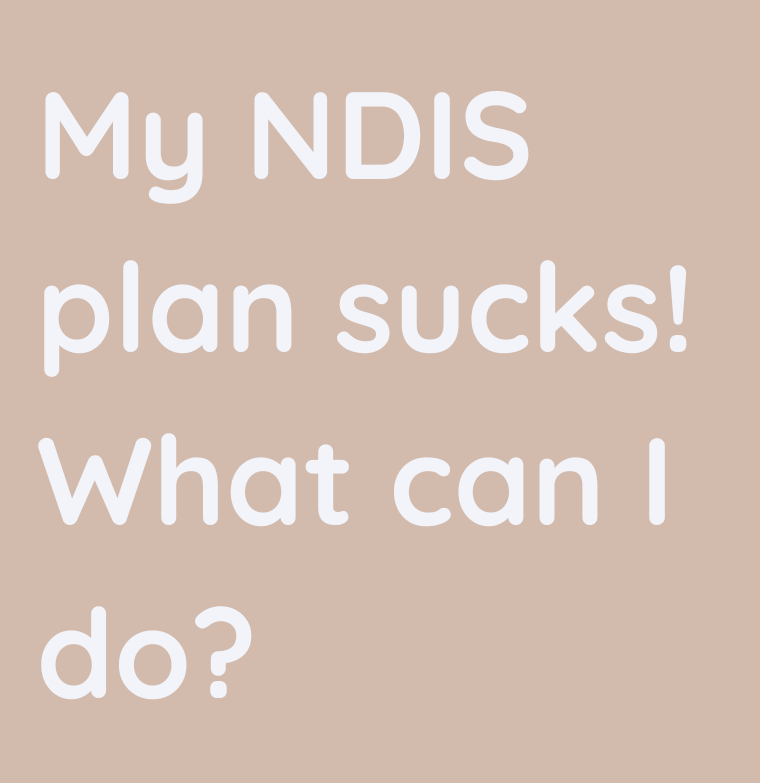
In recent times, we have noticed an increase in participants having less than desirable outcomes for the NDIS plan reviews. Because of this, we thought we might put a few tips together to help you mitigate your circumstances. So, if you believe a decision about your plan is incorrect or unfair there is a course of action you can take. This is called a ‘review process’ and we have unpacked it a little bit for you in the below blog. Learn More…
A physically visible disability registers to people instantly because they can see it. Whether it be a physical trait or an aide like a wheelchair or cane, people notice it. But what does that mean for people with invisible disabilities?
It often means they can be judged harsher by people. People with an invisible disability can be labelled as lazy, faking it, or told they are over-exaggerating their disability.
Brain injuries, ADHD, mental illnesses, chronic fatigue and pain and many other disabilities aren’t immediately visible. There are not always outward signs that someone has a disability and unless the person who is disabled chooses to disclose their condition with you, you may never know they are in fact disabled.
Labelling someone who is disabled is completely unacceptable. Just because they don’t use an aide to assist them, or their appearance is not what a non-disabled person would consider a disability doesn’t mean a person isn’t disabled.
If someone shares with you, they are disabled, believe them! They don’t owe you an in-depth explanation on their disability or to prove anything to you. You merely need to thank them for trusting you enough to share that information with you.
REMEMBER: No person with a disability owes you an explanation!
Traversing through stigma and being discriminated against because of having an invisible disability is an issue too often experienced by people who are already dealing with difficulties with a non-visible disability.
Stigma plays a role in the quality of health care, access to social care, adjustments to work to enable a person to perform their role within their abilities. All this is compounding and can have a negative impact of the disabled persons life.
Whilst there are options now for people to wear a lanyard or carry a doctor’s letter with them at all times in the event they feel or are required to disclose their disability, not all people are comfortable with this. Providing at times unnecessary information can further inhibit a person wanting to interact either socially or at work. They do not and should not have to prove their disability unless absolutely required for medical needs.





